Your All-in-One Guide to Solar Inverters
Solar energy is rapidly becoming a popular choice for homes and businesses, offering sustainability and cost savings. However, solar panels alone don’t provide usable electricity. That’s where the unsung hero of solar systems, the solar inverter, comes in.
What is a Solar Inverter?
Think of a solar inverters as the translator of your solar system. It converts the direct current (DC) electricity generated by solar panels into alternating current (AC) electricity, which is what powers our homes and appliances.
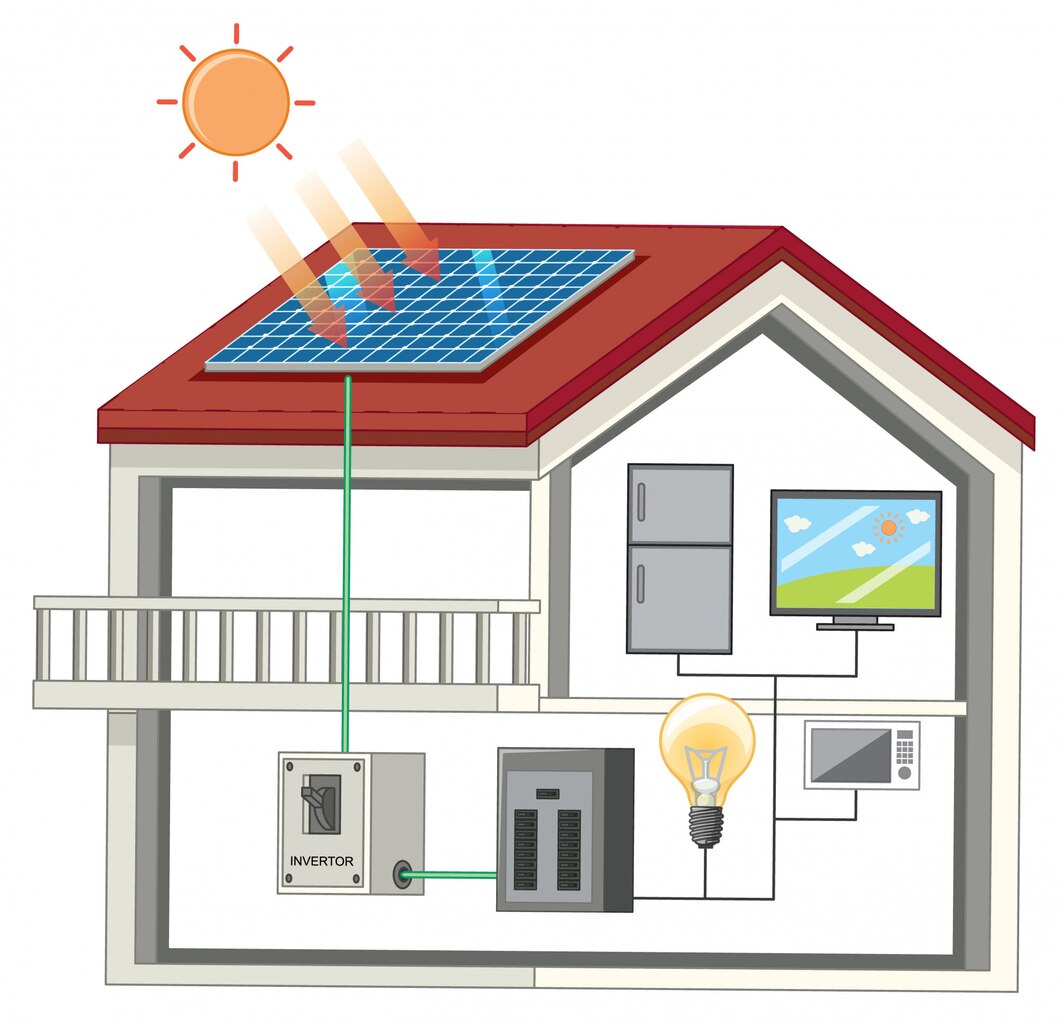
Types of Solar Inverters:
Choosing the right inverter depends on your needs:
- Grid-tied inverters: These integrate seamlessly with the utility grid, allowing you to sell excess solar energy back to the power company.
- Off-grid inverters: Perfect for remote locations, these enable energy independence by storing excess solar power in batteries for later use.
- Microinverters: Attached directly to individual panels, they offer superior performance monitoring and shade tolerance but come at a higher cost.
- String inverters: The most common type, they connect multiple panels in a “string” and are generally more affordable but less shade-tolerant.
- Hybrid inverters: Combining the best of both worlds, they allow grid connection and battery storage for added flexibility.
Beyond the Basics: Key Features to Consider
Choosing the right inverter requires considering several factors:
- System size and power needs: Ensure the inverter’s capacity matches your solar panel output and energy requirements.
- Grid-tied vs. off-grid: Choose an inverter compatible with your chosen system (grid-tied feeding excess power back to the grid, off-grid storing energy in batteries).
- Efficiency and performance: Look for inverters with high efficiency ratings and features like Maximum Power Point Tracking (MPPT) for maximizing energy production.
- Warranty and reliability: Opt for reputable brands offering long warranties and proven track records.
Advanced Inverter Features to consider:
Modern inverters boast additional features to enhance your solar experience:
- Monitoring: Track energy production, inverter performance, and potential issues remotely.
- Wi-Fi connectivity: Control and monitor your system from your smartphone or computer.
- Data logging: Analyze historical data to optimize your system’s performance
- Maximum Power Point Tracking (MPPT): Ensures optimal power generation from your panels.
- Safety features: Look for inverter models with ground fault protection and anti-islanding protection.
Top 5 Solar Inverter Brands in India
This table provides information on 5 popular brands along with estimated price ranges.
Listed brands: Luminous Solar Inverter, Microtek Inverter, SMA Inverter, ABB Inverter, Fronius Inverter.
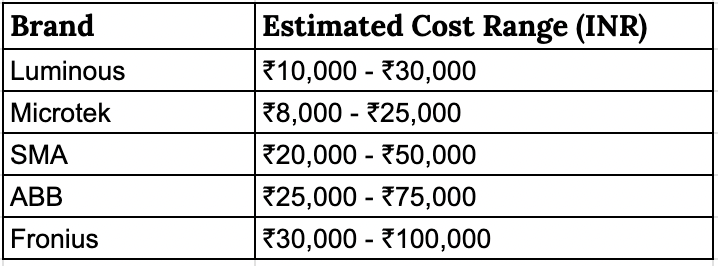
Disclaimer: Prices are indicative and may vary based on dealer, location, inverter model, and features. Always contact authorized dealers for accurate quotes.
The Future of Solar Inverters
As solar technology continues to evolve, so too will solar inverters. Expect advancements in efficiency, smart features like remote monitoring, and integration with home energy management systems. By understanding the basics and key considerations, you can choose the right solar inverter for your needs, paving the way for a brighter, more sustainable future powered by the sun.
Conclusion
Investing in solar inverters is a crucial step in utilizing solar energy effectively. By understanding its function, types, and key features, you can make an informed decision to power your home or business sustainably.
Interested in learning more about renewable energy sources and how they can benefit your home or business? Contact us today for a free consultation and explore your renewable energy options!
Additional keys:• solar inverter, • types of solar inverters, • string inverter, • micro inverter, • hybrid inverter, • off-grid inverter, • grid-tied inverter, • inverter size, • inverter efficiency, • maximum power point tracking (MPPT), • solar inverter cost, • solar inverter brands, • choosing a solar inverter, • solar inverter installation, • solar inverter maintenance, • warranty, • solar inverter monitoring, • return on investment (ROI), • solar battery storage, • self-sufficiency with solar power. Luminous Solar Inverter
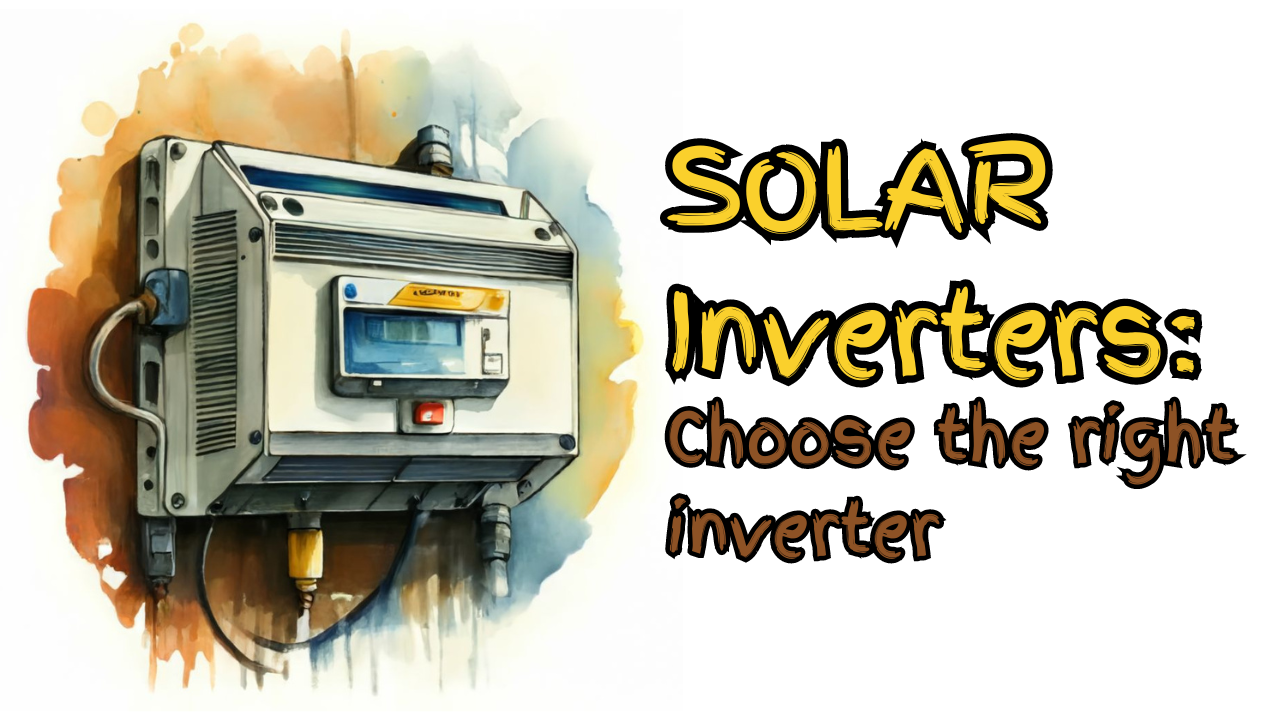
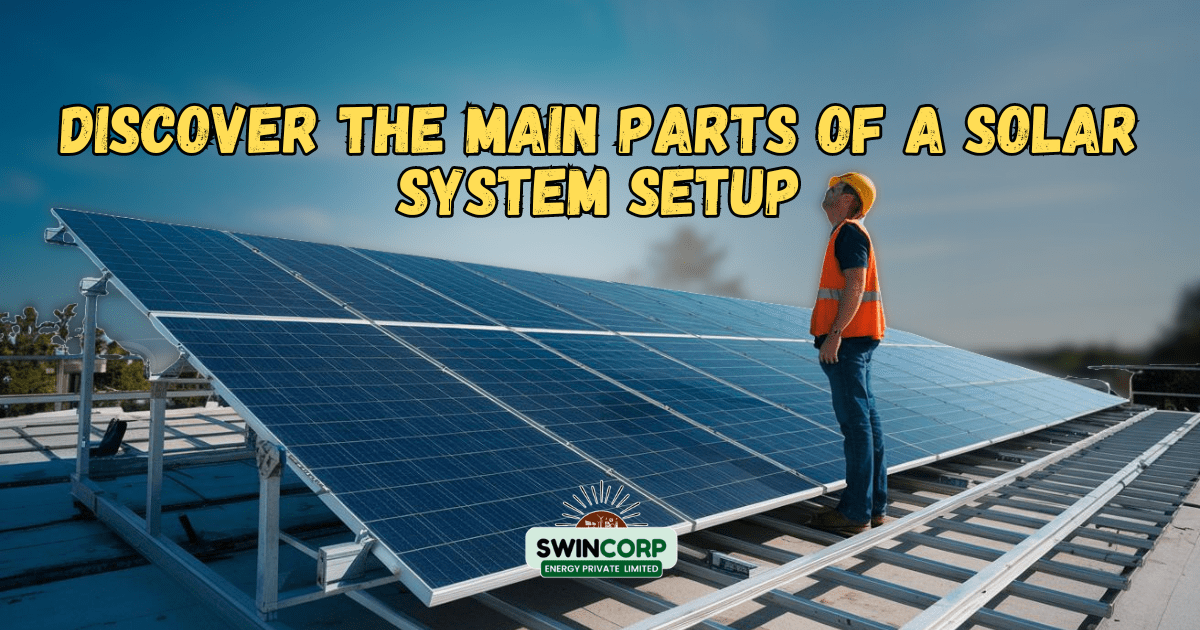
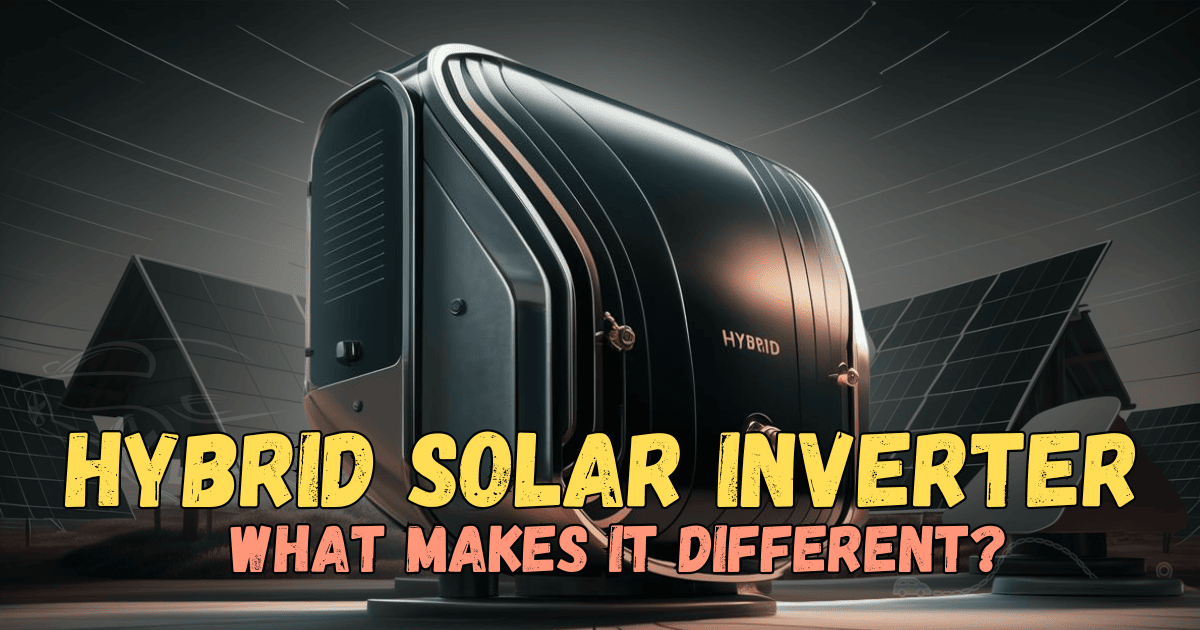
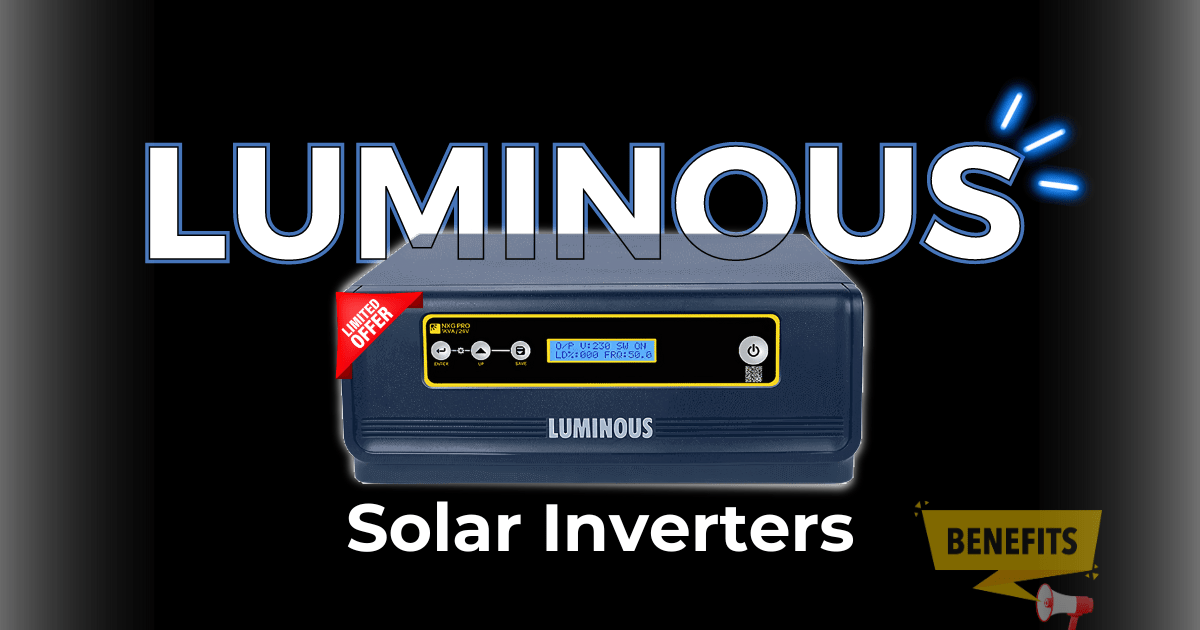
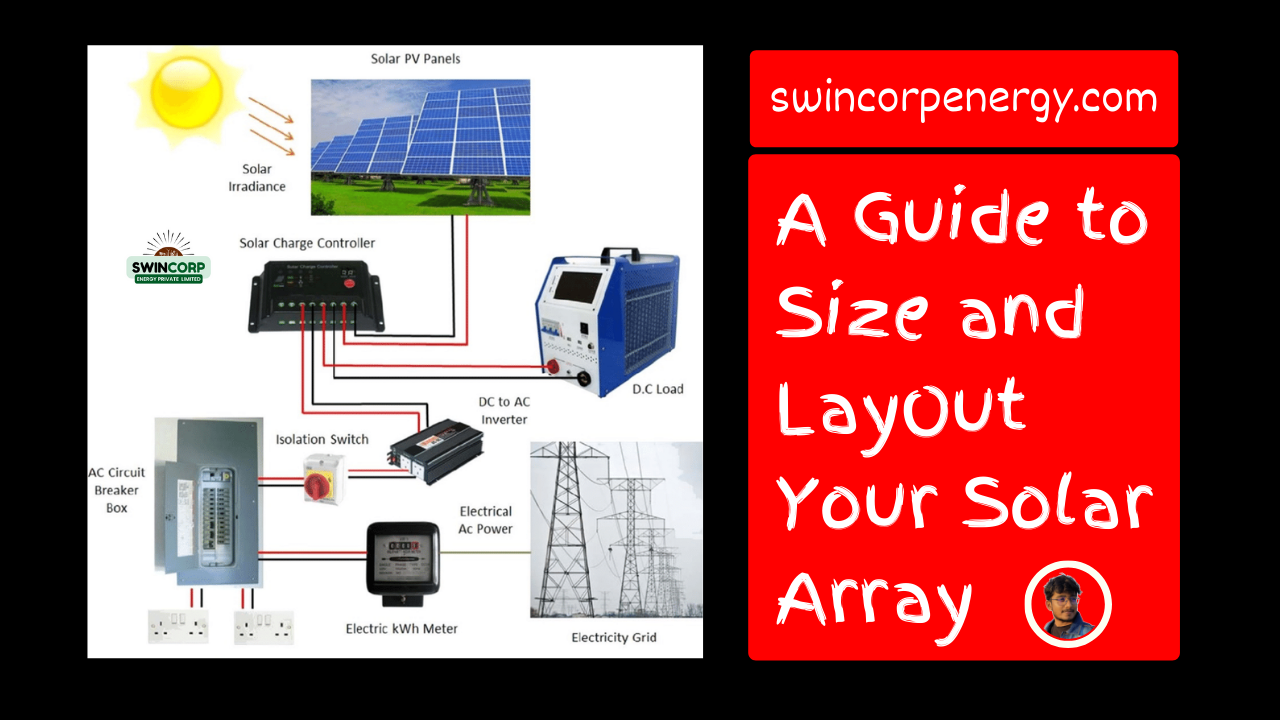
Solar Panel Manufacturing: Process, Production Stages - Swincorp Energy
[…] Choose the Best Solar Inverter […]
Solar Trackers : Types, Pros, Cons | Swincorp Energy - Swincorp Energy
[…] Choose the Best Solar Inverter […]
Maruti Brezza CNG: Mileage, Review, Features - Swincorp Energy
[…] Choose the Best Solar Inverter […]
Top 5 Best Solar Lights for Your Home | Swincorp Energy - Swincorp Energy
[…] Choose the Best Solar Inverter […]
Tata Punch EV: On Road Price, Range, Review - Swincorp Energy
[…] Choose the Best Solar Inverter […]